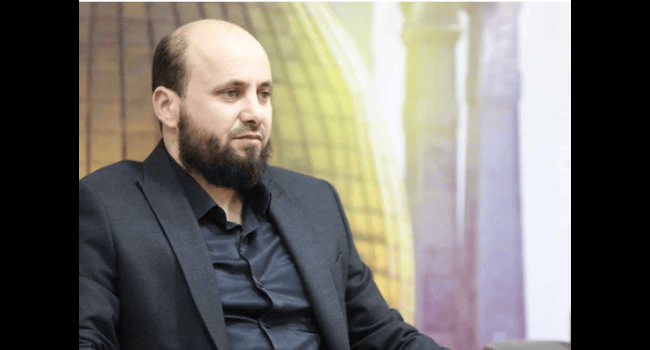
Mohammed al-Bashir, a relatively unknown figure from Syria’s rebel-led northwest, has been announced as Syria’s interim leader, assuming the role of caretaker prime minister until March 1, 2025. The announcement comes three days after President Bashar al-Assad was toppled in a swift rebel offensive.
In his first televised address, Bashir, previously head of the Salvation Government in Idlib, stated that a transitional cabinet comprising officials from the ousted regime and rebel administrations had been convened to ensure continuity. The backdrop of his speech included two symbolic flags: the opposition tricolor and the black-on-white flag associated with Sunni Islamist groups, signifying the alliance that led the rebellion.
Life in Damascus showed signs of revival, with banks reopening, traffic resuming, and shops welcoming customers. Rebel forces have withdrawn from major cities, ceding control to internal security forces associated with Hayat Tahrir al-Sham (HTS), the former al-Qaeda affiliate leading the opposition.
The situation remains precarious, with Israel conducting airstrikes on Syrian military installations and advancing into buffer zones. Israel has justified its actions as measures to neutralize strategic weapons and establish a “sterile defense zone” in southern Syria.
The United States, while cautious about formally engaging with HTS due to its terrorist designation, has expressed conditional support for Syria’s political transition. U.S. officials emphasized the need for an inclusive, non-sectarian government while ensuring that Syria does not become a hub for terrorism.
Russian President Vladimir Putin has provided Assad asylum, ensuring his safety in Russia. Meanwhile, regional powers, including Turkey and Saudi Arabia, have condemned Israel’s incursions, adding further complexity to the interim government’s challenges.
Despite the turmoil, the mood in Damascus has been celebratory. Refugees are returning, with scenes of joy captured in iconic spots like Bakdash ice cream parlour, where Syrians relished a renewed sense of hope.
The road ahead for Syria is daunting, with a war-ravaged infrastructure, a devastated economy, and the daunting task of repatriating millions of displaced citizens. Still, for many Syrians, the fall of Assad marks the beginning of a new chapter.








